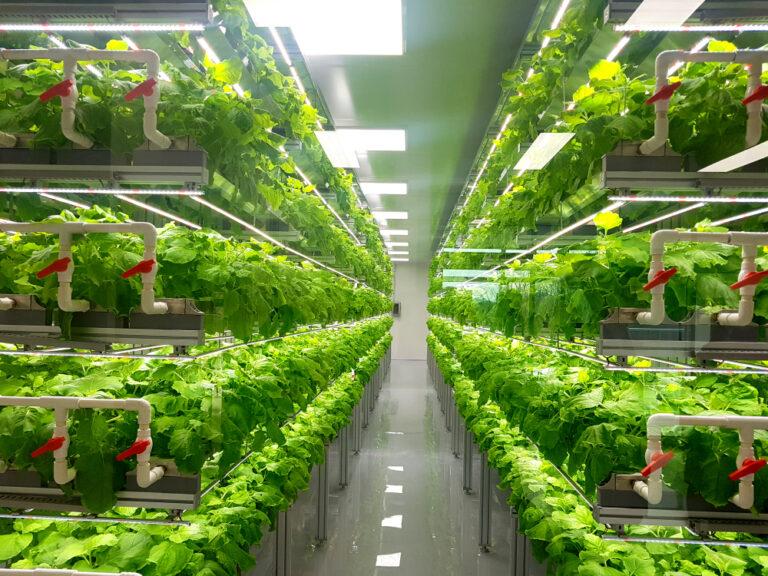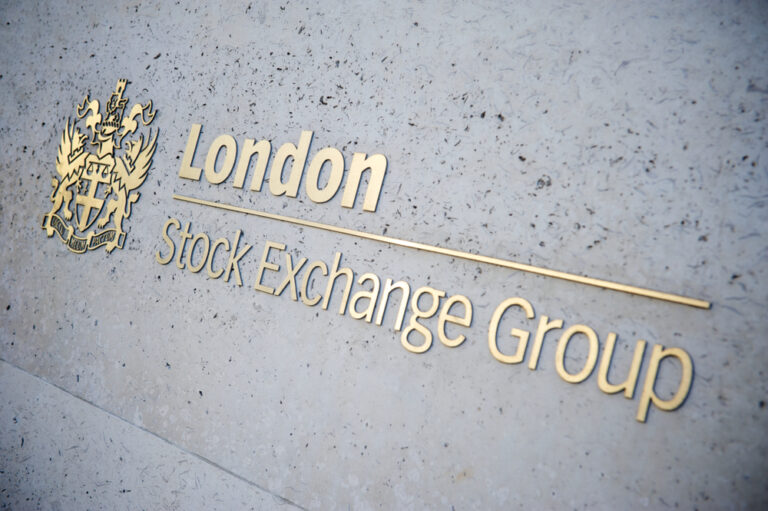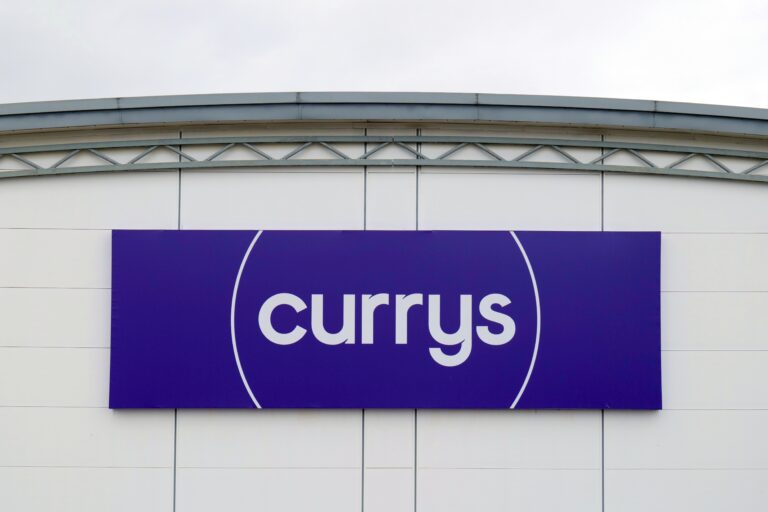1Spatial has reported significant progress in its strategic transformation during the latest year, with recurring revenues from its SaaS business surging.
A trading statement released on Wednesday painted a positive picture of 2024 activities that will set the company up for future growth.
Term licence and Software-as-a-Service revenue surged by over 35% to £11.5 million, substantially exceeding management expectations. Recurring revenue reached approximately £21.0 million, representing about 62% of total revenue, up from 56% in the previous year.
Despite delays in a major Belgian contract that dampened services revenue, overall group turnover increased to £33.4 million, up from £32.3 million in FY2024. The impact of lower services revenue was offset by the improved business mix of higher-margin software sales and cost reductions. Adjusted EBITDA expected to be at least £5.6 million.
1Spatial gave an upbeat assessment of the outlook for the year ahead. They said FY2026 had begun positively with several customer contracts in final negotiation stages. The company anticipates announcing a third significant contract for its 1Streetworks SaaS solution in Q1.
“We’ve made some good progress across the Group this year and I’m especially pleased that we’ve delivered an increase in software revenues ahead of our expectations, as well as reporting the first significant sales of our higher margin 1Streetworks SaaS solution, with a further material contract in advanced negotiations,” said 1Spatial CEO, Claire Milverton.
“With recurring revenue now accounting for 62% of total revenue, the investments that we’ve made in our software platform as well as new sales resource and leadership hires, we look forward to a positive year ahead.”










